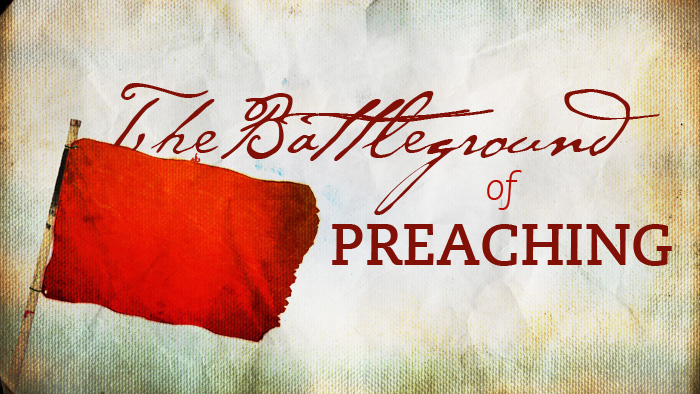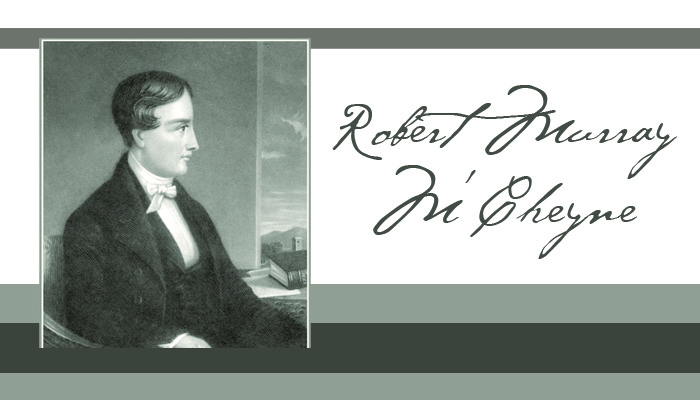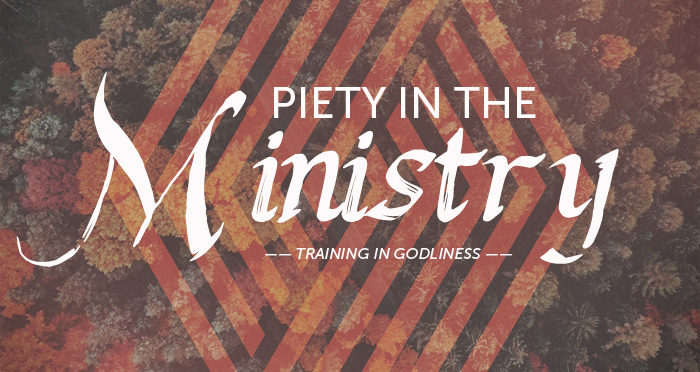
Preachers are covenant heralds of The King of King. “Him we proclaim.” We know “nothing except Christ and him crucified.” We declare “Jesus Christ as Lord.” “We preach Christ crucified.”
Or do we?
The Glory of Christ Front and Center
I’m not yet done with it, but Sinclair Ferguson’s The Whole Christ: Legalism, Antinomianism, & Gospel Assurance—Why the Marrow Controversy Still Matters is routinely magnificent in its meditations on ministry.
For example, in chapter two Ferguson drives home the danger of separating the benefits of Christ from the person of Christ in preaching. He writes,
Wherever the benefits of Christ are seen as abstractable from Christ himself, there is a decreasing stress on his person and work in preaching and in the books that are published to feed that preaching. That is accompanied by a stress on our experience of salvation rather than on the grace, majesty, and glory of the Lord Jesus Christ.
Is it possible that most preachers reading these pages own more books on preaching (and even on preaching Christ!) than they own on Christ himself?
If that is true (a survey would certainly be illuminating), we should probably ask a further question: Is it obvious to me, and of engrossing concern, that the chief focus, the dominant note in the sermon I preach (or hear), is ‘Jesus Christ and him crucified’? Or is the dominant emphasis (and perhaps the greatest energies of the preacher) focused somewhere else, perhaps on how to overcome sin, or how to live the Christian life, or on the benefits to be received from the gospel? All are legitimate emphases in their place, but that pace is never center stage.
When I read that, I write in the margin, “Most convicting, Dr. Ferguson. Bless you.”
Don’t Put Him in the Footnotes of Your Sermon
In that paragraph quoted above Ferguson offers, in a footnote, an illustration for how we commonly let Christ’s benefits supersede a focus on Christ himself. He says,
This [separation] might be illustrated by the way in which, for example, John Owen’s work Of the Mortification of Sin has undoubtedly been read by many more younger ministers than either his Glory of Christ or Communion with God. That may be understandable because of the deep pastoral insight in Owen’s short work; but it may also put the practical cart before the theological horse. Owen himself would not have been satisfied with hearers who learned mortification without learning Christ. A larger paradigmatic shift needs to take place than only exchanging a superficial subjectivism for Owen’s rigorous subjectivism. What is required is a radical recentering in a richer and deeper knowledge of Christ, understood in terms of his person and work. There can be little doubt that Owen himself viewed things this way.
Christ the Center
Dear brother preacher, the Lord’s Day is right around the corner, and we must ask afresh, “Whom will we preach?” That’s the most important question, even more than, “What will we preach?” We preach Christ because Christ is the gospel. Let our preaching lift the chin of our congregation to consider Christ dead, buried, risen, and ascended to heaven. Let our preaching call for sinners to get into Christ. Let our preaching sound forth the sweetness of a Savior crushed in our place.
Let us not tear asunder Christ from His benefits. Let us preach the Benefactor who graciously gives His benefits to all who believe.






